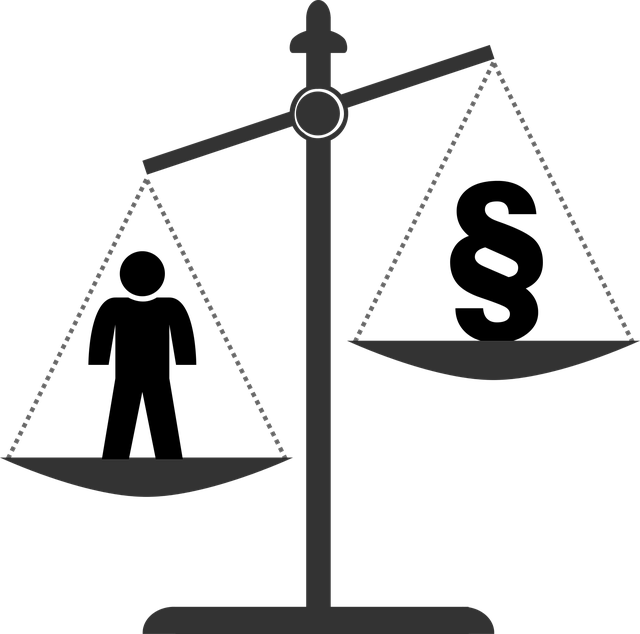The Role of Evidence in Establishing Criminal Intent is critical in securities class actions, where investors sue for securities law violations. This involves meticulously gathering and analyzing financial records, communications, and documents to prove fraudulent or deceitful intentions. High-quality evidence, such as witness statements and advanced data analytics, is key at every stage of investigation and enforcement. Effective use of this evidence not only strengthens legal arguments but also ensures justice, holding culpable parties accountable with significant penalties and reforms, ultimately protecting investors nationwide.
Securities class actions are a crucial legal mechanism for holding wrongdoers accountable and protecting investors. This article delves into the intricate world of securities litigation, focusing on the role of evidence in establishing criminal intent. We explore key aspects, including the legal framework governing these actions, challenges in uncovering criminal activities, and the impact of successful prosecutions. By examining post-trial implications and regulatory measures, we highlight strategies to prevent future misconduct, emphasizing the vital role of evidence in securing justice.
- Understanding Securities Class Actions: A Legal Framework
- The Significance of Evidence in Proving Criminal Intent
- Challenges and Strategies in Uncovering Criminal Activities
- Impact and Prevention: Post-Trial Implications and Regulatory Measures
Understanding Securities Class Actions: A Legal Framework

Securities Class Actions involve a group of investors suing a company or its officers for alleged violations of securities laws. Understanding this legal framework is crucial, especially when it comes to proving criminal intent. The role of evidence in establishing such intent is paramount. It requires meticulous documentation and analysis of financial records, communications, and other relevant documents to demonstrate that the defendants acted with deceitful or fraudulent intentions.
This process involves navigating complex legal doctrines and presenting compelling evidence for his clients. A general criminal defense strategy must consider the unique aspects of securities cases, where winning challenging defense verdicts often hinges on the thoroughness and accuracy of evidence presented, ensuring a fair and just outcome for all parties involved.
The Significance of Evidence in Proving Criminal Intent

In securities class action lawsuits, the role of evidence in establishing criminal intent is paramount. It serves as the linchpin that connects alleged misconduct to the responsibility of individuals and entities involved. Robust documentation, including financial records, communications, and witness statements, plays a critical role throughout all stages of the investigative and enforcement process. These pieces of evidence are instrumental in piecing together a compelling narrative that demonstrates intentional violations, such as fraud or insider trading, which often occur in the intricate web of white-collar and economic crimes.
Beyond mere accumulation, the quality and relevance of evidence are key. It must be meticulously gathered, carefully preserved, and rigorously analyzed to ensure its admissibility in court. This process is particularly crucial in high-stakes cases where the financial implications and reputational damage can be immense. Effective use of evidence not only strengthens the case but also helps in achieving just outcomes, ensuring accountability for criminal conduct in the securities market.
Challenges and Strategies in Uncovering Criminal Activities

Uncovering criminal activities within the complex web of securities markets poses significant challenges for legal professionals handling class-action suits. Navigating this intricate landscape demands a meticulous approach, as the role of evidence in establishing criminal intent is paramount. Every piece of information must be carefully examined and evaluated to build a compelling case that can stand up to scrutiny during jury trials.
Strategizing effectively involves integrating innovative investigative techniques throughout all stages of the process. By employing advanced data analytics and expert witnesses, legal teams can identify patterns and anomalies indicative of fraudulent behavior. This proactive approach ensures that the evidence gathered is not only comprehensive but also compelling. The ultimate goal is to present a clear and concise narrative that leaves no room for doubt, thereby securing justice for the affected clients.
Impact and Prevention: Post-Trial Implications and Regulatory Measures

The impact of securities class actions goes beyond financial compensation for victims; it sets a precedent for holding wrongdoers accountable and preventing future misconduct. Post-trial, successful cases often lead to unprecedented track records in terms of penalties and reforms. Regulatory measures are significantly influenced by the outcome, with regulators using these precedents to strengthen laws and enforcement mechanisms. This is particularly crucial in establishing criminal intent, as evidence plays a pivotal role in securing convictions for corporate and individual perpetrators alike.
The prevention aspect extends to deterring potential violators through increased scrutiny and transparency. Regulatory bodies use the insights gained from each case to refine their oversight, ensuring that market participants adhere to ethical standards. This process not only protects investors but also fosters integrity within the financial sector, shaping a more robust and fair market across the country.
Securities class actions are complex legal battles that demand a thorough understanding of both securities regulations and criminal law. As discussed, the Role of Evidence in Establishing Criminal Intent is pivotal, requiring robust strategies to uncover hidden criminal activities. Through rigorous post-trial implications and regulatory measures, we can prevent future misconduct, ensuring fairness and integrity within the financial markets. By leveraging evidence effectively, legal professionals play a crucial role in upholding justice and maintaining public trust.






